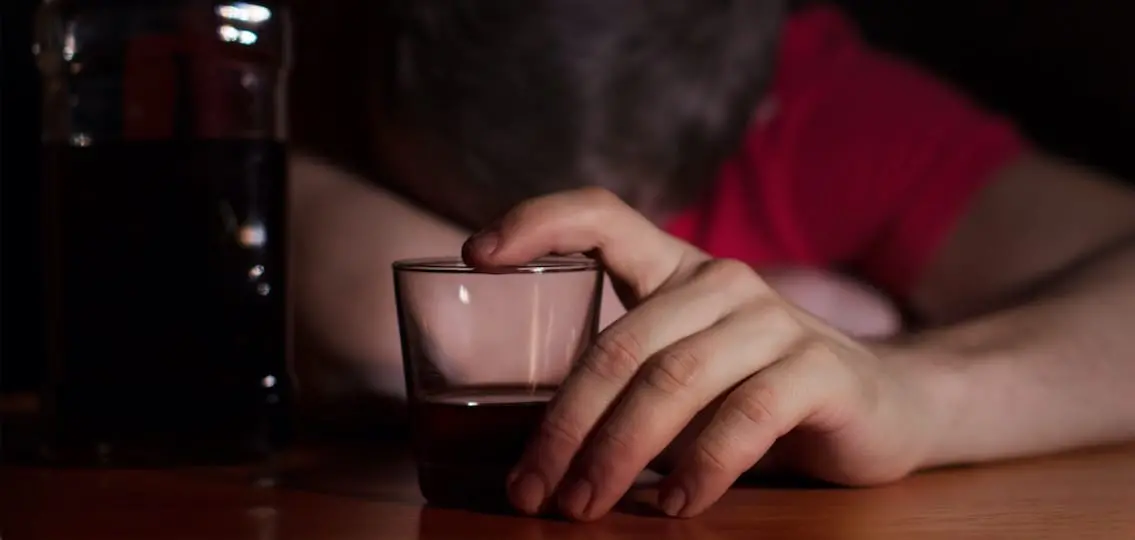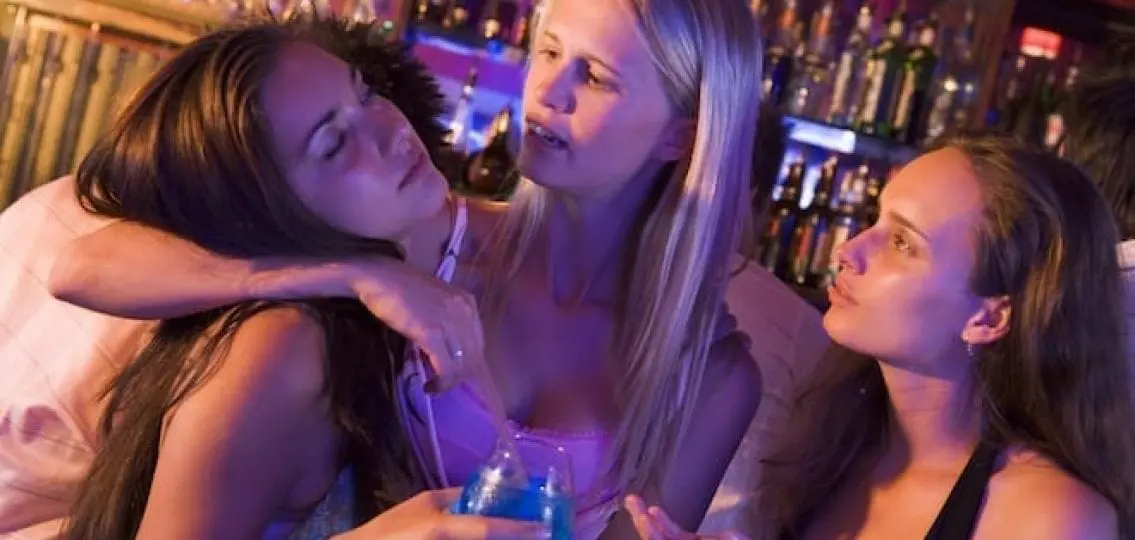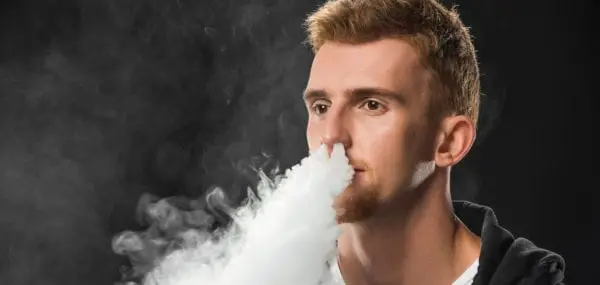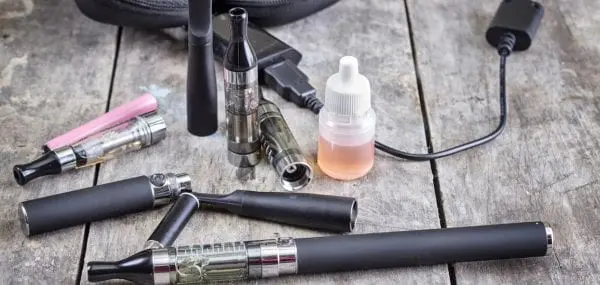Last fall, Julie, who’s 17, attended a party with a bunch of teenage friends. They were binge drinking. One friend drank so much she ended up in the hospital. Julie also drank way too much and ended up in a lot of trouble. The next day she was asked why she did it, and she said, “Because it was fun.”

The Facts About Binge Drinking
About one in five high school seniors binge drink regularly, according to the Centers for Disease Control and Prevention.
This means they’re drinking five (for boys) and four (for girls) alcoholic beverages in a row.
Usually, teenagers binge drink in social settings rather than alone, says Kim Dennis, a psychiatrist and medical director of Timberline Knolls, a residential treatment center for women and teen girls. About 200,000 teens in the United States land in the emergency room each year because of binge drinking.
The Myth of Responsible Teenage Drinking
Although parents might be tempted to downplay a teen “having too much,” they should take binge drinking seriously and set clear boundaries, explains Dennis. Instructions like, “It’s OK to have a beer or two at a party, but don’t get crazy,” will only confuse high school teens.
“In my opinion, there’s no such thing as responsible teenage drinking,” Dennis says. “To talk about responsible drinking in the context of social settings with teenagers is premature.” She adds, however, that it is helpful to talk to your teen at this point about what responsible drinking might look like “once you get older and do start drinking and it’s legal to drink.”
Teens get a lot of messages that binge drinking on occasion is acceptable, says Robert Peralta, Ph.D., an associate professor of sociology at the University of Akron who studies the onset and development of binge drinking and its impact on behavior. It’s up to parents to educate teenagers about the dangers when everything around them may be saying it’s fun and not all that risky as long as you don’t drive. “Parents need to recognize that alcohol use in our society is often not portrayed as a ‘drug’ per se. So their teenagers may not recognize or understand it to be potentially harmful,” Peralta notes.
An increasing body of research shows that in teens, drinking copiously can lead to brain damage and an increased tendency to abuse alcohol later in life. A 2010 study from the University of California San Diego found damaged nerve tissue in the brain scans of teens who drank, compared to scans taken in the years before the teens started drinking. Girls who drank performed more poorly than their non-drinking peers on spatial functioning tests. And boys who drank did worse on attention tests.
Ashanti Woods, M.D., pediatrician at Mercy Medical Center in Baltimore, lists several warning signs of too much alcohol.
Warning Signs:
- avoiding answering questions
- being vague about where they’ve been
- frequently wanting to spend the night at a friend’s house
- lying about where they are (a teen might tell a parent about plans to sleep over at a friend’s house, but then the parent finds out the teen wasn’t there at all)
- getting lower grades
- not participating in activities that they used to (“Maybe they always liked working out, but now they don’t like it any more,” Woods says.)
4 Ways to Help Teens Navigate Drinking:
1. Speak with your child.
If you suspect your teen of binge drinking, first talk directly to the child about it, says Dennis. “You want to be objective, and you definitely don’t want to be shaming.”
Instead, talk about what you’ve observed, what it causes you to think or worry about, and how you feel. You’d say, “Sally, I saw you come home last night and your eyes were glazed over. It makes me wonder if you were drinking or using other substances. And I feel very concerned or worried that you might be hurting yourself. Or you might set yourself up to be hurt very badly. Can we talk about what’s going on?”
2. Set realistic consequences.
It’s fine to set consequences, but make sure they’re realistic and you follow through on your ultimatum. “Don’t say, ‘No. You’re not allowed to play on the basketball team any more,’ if it’s something you won’t enforce,” Dennis says.
3. Help your teen find alternatives.
Help your teen connect with peers who don’t drink because supportive friends who don’t drink will help in tough social situations.
4. Create an exit plan with your teen.
And come up with a code phrase for a teen to call or text you with, to let you know without tipping off her peers that she wants you to pick her up. “Something like, ‘Mom, I forgot to feed the dogs,’” says Dennis.

“Frankly, most high school students are going to be exposed to underage drinking,” says Dennis. That doesn’t mean they’re going to partake in it. But they do need to be prepared and supported to make the choice to abstain.”




